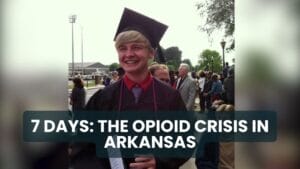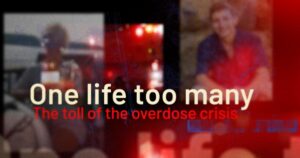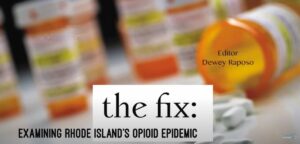Prescription for Addiction (2014) CAMH Documentary
The rising addiction to prescription opioids has become a widespread crisis, affecting people across all social and economic backgrounds. Whether it starts with legitimate pain treatment or the misuse of illegally obtained medications, the consequences are deeply harmful to individuals, families, and entire communities. This raises critical questions: What are the consequences of making such powerful and addictive drugs easily accessible? How can we ensure people in pain receive the care they need while minimizing the risk of addiction? And how should we support those whose lives have been deeply affected by opioid misuse?



